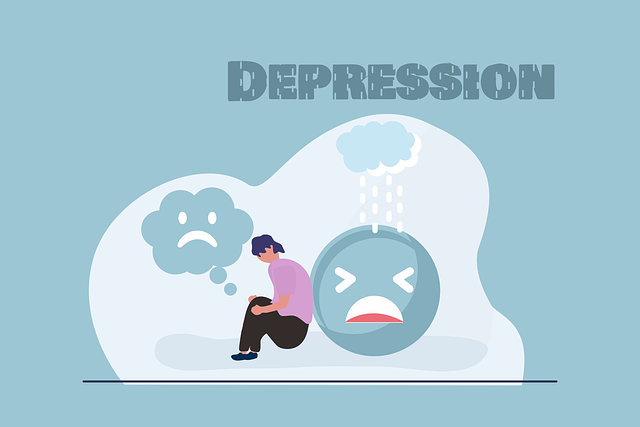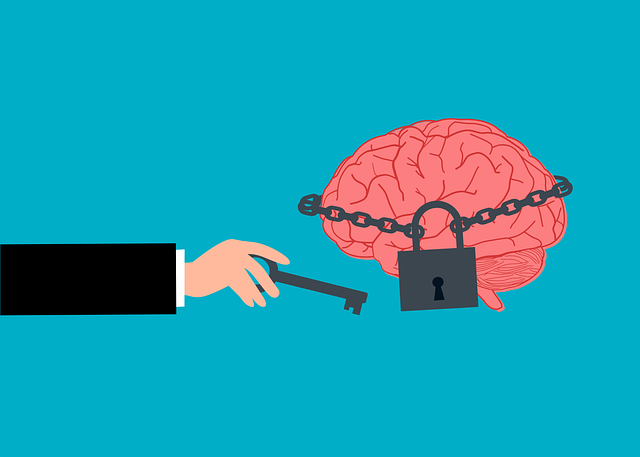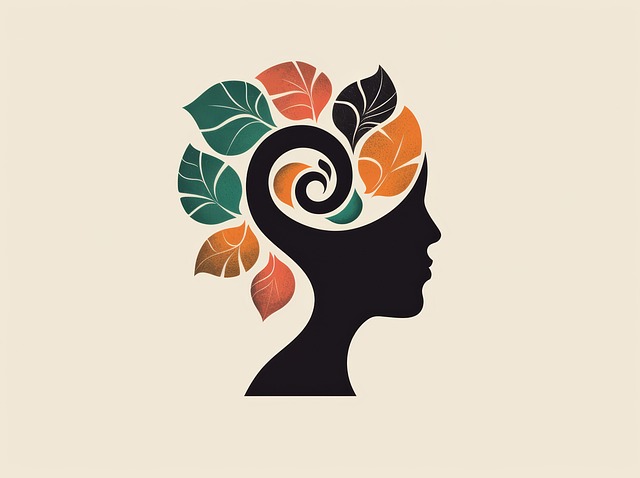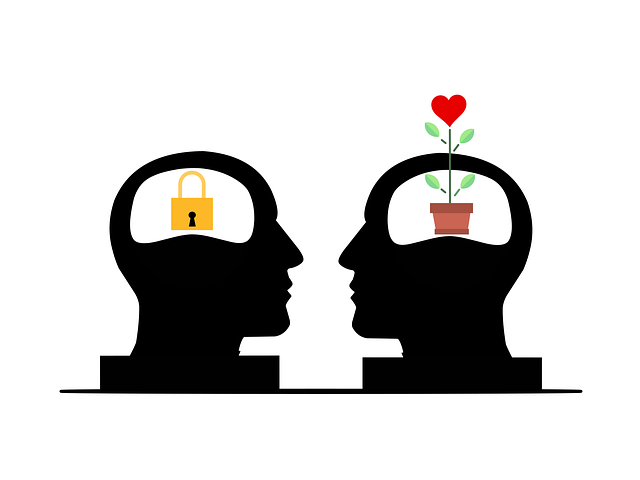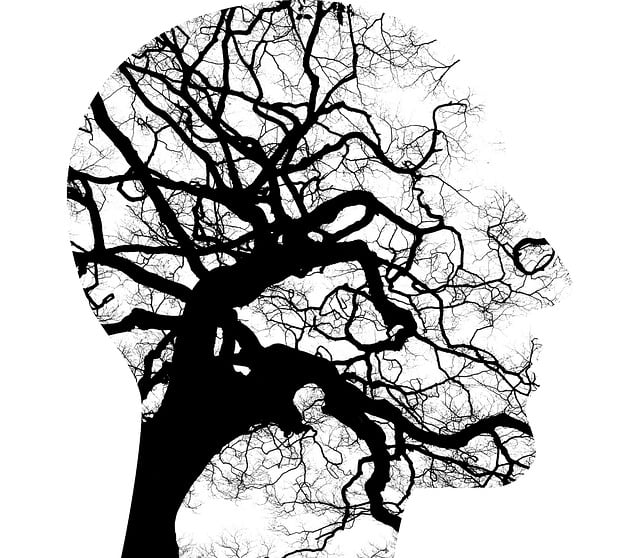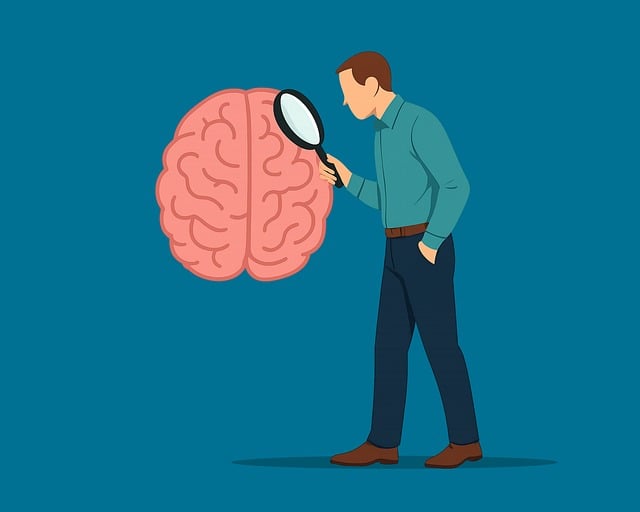Cultural competency in Littleton Chronic Pain Therapy (LCPT) significantly improves patient outcomes by addressing unique cultural perspectives on pain and healing, breaking down barriers related to mental illness and chronic conditions. Understanding diverse patient demographics, employing tailored communication strategies, overcoming language hurdles, and implementing resilience-building techniques enhance holistic wellness. LCPT's commitment to cultural sensitivity through training, personalized care plans, and mental wellness resources fosters inclusivity, boosts patient confidence, and aligns with positive outcomes based on Mind Over Matter principles.
“Enhancing healthcare through cultural competency is pivotal, especially in chronic pain management in Littleton. This comprehensive guide explores the essential role of cultural awareness in improving patient outcomes. We delve into the significance of understanding diverse patient demographics and their unique challenges in chronic pain therapy.
Through practical strategies, we uncover ways to overcome communication barriers, emphasizing the importance of cultural sensitivity in treatment planning. By implementing best practices, healthcare providers can significantly impact positive patient experiences in Littleton’s chronic pain therapy.”
- Understanding Cultural Competency in Healthcare: Why It Matters for Chronic Pain Therapy in Littleton
- Identifying Patient Demographics and Their Unique Needs in Chronic Pain Management
- Overcoming Communication Barriers: Strategies for Healthcare Providers
- Incorporating Cultural Sensitivity into Treatment Plans: Best Practices
- Measuring the Impact of Cultural Competency Training on Patient Outcomes
Understanding Cultural Competency in Healthcare: Why It Matters for Chronic Pain Therapy in Littleton

Cultural competency in healthcare is a vital aspect that significantly influences patient outcomes, especially in specialized areas like chronic pain therapy in Littleton. It involves understanding and appreciating the diverse cultural backgrounds, beliefs, and values of patients, enabling healthcare providers to deliver more personalized and effective care. In the context of Littleton Chronic Pain Therapy, this means recognizing that each patient’s experience with pain is unique and shaped by their cultural identity. For instance, different cultures may have distinct concepts of illness, healing, and pain management, often influenced by spiritual or traditional practices.
By embracing cultural competency, healthcare professionals in Littleton can better address the specific needs and preferences of patients from various ethnic and cultural groups. This approach is crucial in reducing the stigma associated with mental illness and chronic conditions, which is a significant barrier to accessing care. Mental illness stigma reduction efforts and stress reduction methods that take cultural context into account can foster a more inclusive environment, encouraging patients to openly discuss their pain and seek appropriate treatment, ultimately improving overall wellness. Positive thinking and cultural sensitivity go hand in hand in this journey towards holistic healthcare.
Identifying Patient Demographics and Their Unique Needs in Chronic Pain Management

Understanding patient demographics is a crucial step in delivering effective chronic pain management at Littleton Chronic Pain Therapy. Each patient brings a unique blend of cultural, social, and economic factors that can influence their experience with pain. For instance, patients from diverse ethnic backgrounds may have varying perceptions of pain and its treatment, requiring tailored approaches. Additionally, age, gender, and socioeconomic status play significant roles in shaping individuals’ access to healthcare resources and coping mechanisms. Recognizing these differences enables healthcare providers to offer more personalized care, fostering better patient engagement and outcomes.
Effective communication strategies are essential when addressing the diverse needs of chronic pain patients. Healthcare professionals should be adept at creating inclusive environments that encourage open dialogue. This involves learning active listening skills, adapting language to suit different cultural contexts, and incorporating inner strength development techniques to enhance patient resilience. Moreover, leveraging mental wellness podcast series production can provide valuable resources for patients seeking alternative methods to manage their pain holistically.
Overcoming Communication Barriers: Strategies for Healthcare Providers

Overcoming communication barriers is a critical aspect of healthcare provider cultural competency training, especially in diverse communities like Littleton Chronic Pain Therapy serves. Language differences and cultural nuances can create misunderstandings, affecting patient care and outcomes. To bridge this gap, providers should employ strategies such as learning basic phrases in patients’ native languages, utilizing translation services, and actively listening to ensure comprehension.
Resilience building techniques, often discussed in the context of burnout prevention for mental health professionals, can also enhance cross-cultural communication. By fostering adaptability and emotional agility, healthcare providers become more attuned to different cultural perspectives, reducing potential conflicts and improving patient interactions. Effective risk management planning involves recognizing and addressing these barriers proactively, ensuring a safe and inclusive environment for all patients, regardless of their background or linguistic abilities.
Incorporating Cultural Sensitivity into Treatment Plans: Best Practices

Incorporating cultural sensitivity into treatment plans is a key aspect of effective healthcare delivery, especially in diverse communities like Littleton and its surrounding areas where Chronic Pain Therapy services are in high demand. Healthcare Provider Cultural Competency Training equips professionals with essential tools to understand and respect patient backgrounds, beliefs, and preferences. This training fosters an environment where individuals feel heard, validated, and supported throughout their treatment journey.
Best practices include active listening, encouraging open communication, and tailoring care plans to meet individual needs. For instance, Mental Wellness Journaling Exercises can be a valuable guidance tool during sessions. By documenting thoughts and experiences, patients can express themselves freely while healthcare providers gain insights into cultural nuances that might influence their pain perception and treatment preferences. This collaborative approach not only boosts patient confidence but also ensures culturally sensitive care tailored to each individual’s unique circumstances.
Measuring the Impact of Cultural Competency Training on Patient Outcomes

Cultural competency training has emerged as a vital tool in healthcare, especially for managing complex conditions like chronic pain. At Littleton Chronic Pain Therapy, we’ve observed significant benefits when patients and their caregivers receive comprehensive cultural competency education. This approach ensures that healthcare providers can navigate diverse patient backgrounds, customs, and beliefs, leading to improved communication and more personalized care plans.
The impact of such training extends beyond enhanced provider-patient interactions. Research suggests it contributes to better patient outcomes, increased satisfaction, and even self-esteem improvement. Mental Health Education Programs Design that incorporate cultural competency can foster a sense of trust and understanding, encouraging patients to actively engage in their treatment, which aligns with the Mind Over Matter Principles. This holistic approach is key to ensuring equitable access to quality healthcare for all.
Cultural competency training is a game-changer in healthcare, especially for managing chronic pain in diverse communities like Littleton. By understanding patient demographics and implementing strategies to overcome communication barriers, healthcare providers can significantly improve patient outcomes. Incorporating cultural sensitivity into treatment plans not only enhances care but also fosters trust and satisfaction among patients from various backgrounds. Measuring the impact of such training reveals a promising future for more inclusive and effective Littleton chronic pain therapy.

